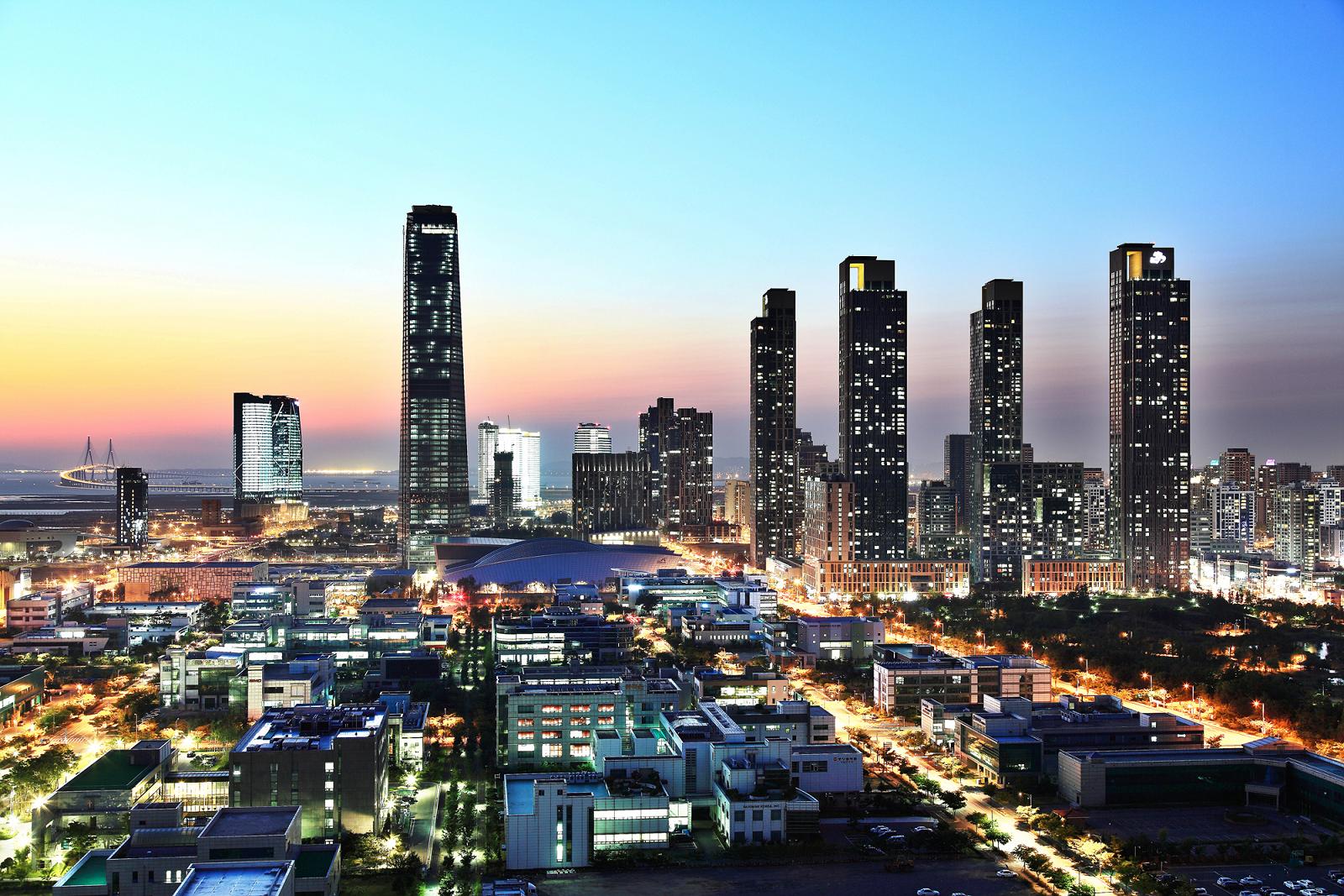Regulations on the Incheon Free Economic Zone (IFEZ), the first free economic zone in Korea, will be drastically eased so that it may function more effectively as an engine of national growth.
According to the Incheon Free Economic Zone Authority, Member of the National Assembly Lee Hak Jae (Saenuri Party, Ganghwa-gun, Seo-gu, Incheon Metropolitan City) proposed an amendment to the Special Act on the Designation and Operation of Free Economic Zones with the purpose of having the Incheon Free Economic Zone designated a “pilot deregulation district.” On May 25, the amendment bill was submitted to the legislation subcommittee of the Trade, Industry, and Energy Committee of the National Assembly.
Drawn up late last year, the amendment bill stipulates that the Ministry of Trade, Industry, and Energy has the power to designate part of the Incheon Free Economic Zone a “pilot deregulation district,” with the goal of promoting foreign investment, and also enables the ministry to make requests to relevant ministries for the relaxation of regulations. The bill intends to revise regulations that are standing in the way of foreign investment.
Such efforts, led by the Incheon Free Economic Zone Authority and the member of the National Assembly from Incheon, are mirrored by similar moves in China and Japan, Korea’s competitors. Following the establishment of the free trade zone in Shanghai, China has continued to set up free trade zones across the country, including those in Guangdong, Tianjin, and Fujian, and has eased barriers to foreign capital by pushing for the “second phase of full economic restructuring and opening.” Its aim is to designate specific test areas for deregulation, thereby establishing systematic deregulation and strengthening its national competitiveness.
During his visit to the Fujian Free Trade Zone last month, Chinese Premier Li Keqiang stressed, "As the Free Trade Zone is designed to foster a world-class business environment, it should strive to achieve a new level of reform and market opening and lead the search for ways to improve our economic structure."
By enacting the National Strategic Special Zone Act, Japan is also intensively pushing for the relaxation of regulations, especially in its service industries, such as medical services and tourism, areas in which deregulation is strongly resisted by interest groups, including labor unions, agricultural cooperatives and medical associations.
On May 25, 2015, Member of the National Assembly Lee Hak-jae made a keynote speech on the theme “Realization of Creative Economy through Promotion of the Free Economic Zone” at the 2013 News Y Economic Forum.
The amendment bill of the Special Act on the Designation and Operation of Free Economic Zones proposed by Lee Hak-jae includes the designation of deregulation of a pilot district, support for domestic corporations within the FEZ, and elimination of regulations in the Seoul metropolitan area.
The amendment bill stipulates that the heads of the central administrative organizations, upon receipt of a request to ease a regulation or for a special administrative exemption, should consider the abolition or relaxation of specific regulations and the needs of special cases, and should report the results to the Minister of Trade, Industry, and Energy.
Lee said, "Some regulations that still exist within the FEZ are undermining foreign investment, and domestic companies are not eager to move into the area due to the lack of support for businesses that wish to set up inside the FEZ."
The Ministry of Trade, Industry, and Energy expressed a positive response to the proposed bill, saying that it “agrees the FEZ should be utilized as a testing ground for deregulation, and that a systematic deregulation system should be established while taking into consideration the characteristics of each district.”

High-rise buildings spring up in Songdo International City, part of the Incheon Free Economic Zone.(Photos: IFEZ)
